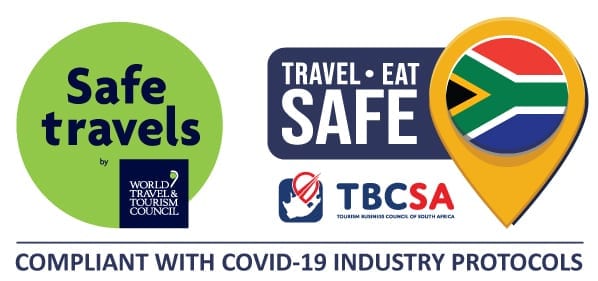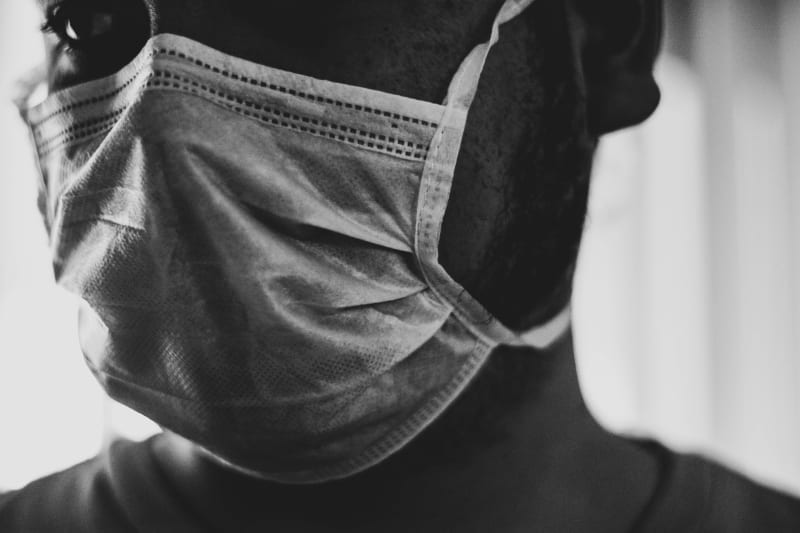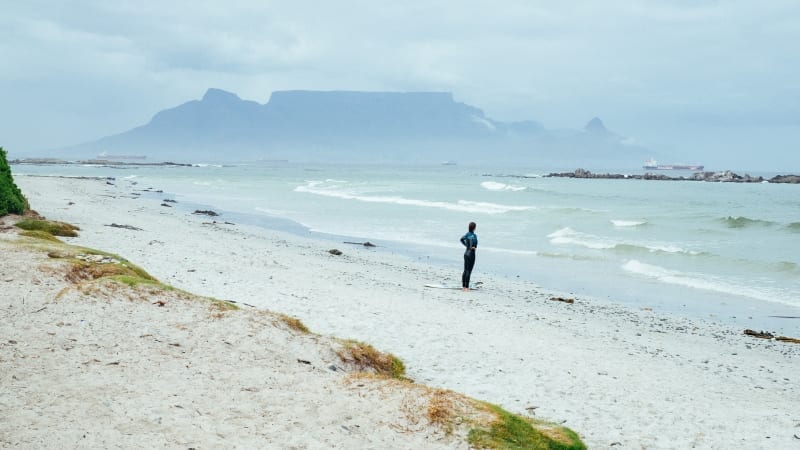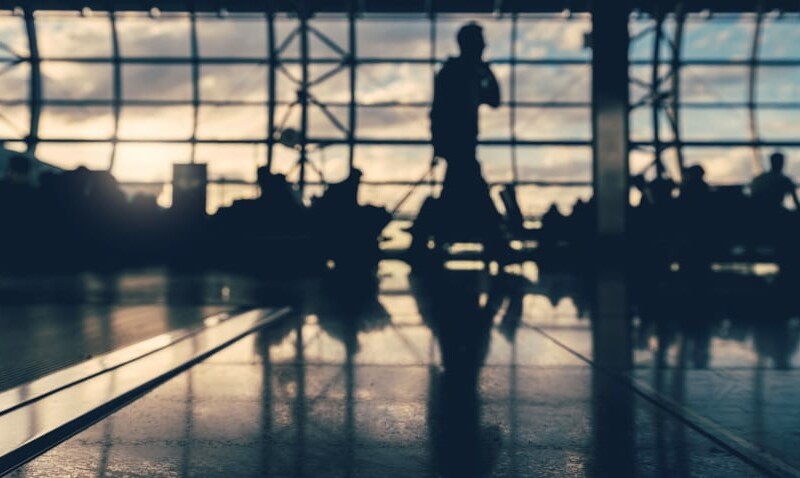Following the announcement that South Africa’s GDP has contracted by 51% in the second quarter of 2020, Government is facing mounting pressure to reopen the borders for international travel.
“Every day we remain closed to international travel, we lose R336 million of spend and the Government loses vital tax revenue.”
“Tourism can be South Africa’s economic lifeline, but only if international borders are opened up soon,” says Tshifhiwa Tshivhengwa, CEO Tourism Business Council of South Africa (TBCSA). “We are appealing to the Government to safely open our borders. Our industry is ready, our source markets are waiting to travel, so let’s save jobs and the economy.”

TBCSA’s Travel Safe-Eat Safe protocols and programme, which is endorsed by the World Travel and Tourism Council (WTTC), have been rolled out across the tourism value chain and are currently in use to protect the safety of local guests.
READ: COVID-19 Protocols for Tourism Industry Operations released
“Every day we remain closed to international travel, we lose R336 million of spend and the Government loses vital tax revenue. Opening up our tourism sector will have a direct and immediate positive impact on Government’s coffers at a time when it most needs it,” adds Tshivhengwa.
“It’s imperative for every facet of the economy to be able to function to the fullest extent possible within the scope of the health protocols.”
Business Leadership South Africa (BLSA) also believes that restrictions such as the restaurant curfew between 10pm and 4am and limitation on patron numbers, public gathering bans and the blanket ban on international travel are hurting the economy unnecessarily, and need to be lifted provided COVID-19 health and safety protocols are followed at all times.

A BLSA statement said: “The country simply cannot afford to continue operating with further restrictions. Doing so will delay any meaningful economic recovery with more businesses being forced to close down and more jobs being lost. It’s imperative for every facet of the economy to be able to function to the fullest extent possible within the scope of the health protocols.”
“For a country such as South Africa where the virus continues to circulate, allowing travellers to come into the country is going to have a nominal effect in terms of this particular outbreak.”
Professor Shabir Madhi from the University of Witwatersrand is in charge of the South African leg of the Oxford COVID-19 vaccine trial. He believes the country is ready to move to alert level 1 of lockdown, to which he adds, “There is absolutely no reason for the borders to be shut and not to allow international flights. For a country such as South Africa where the virus continues to circulate, allowing travellers to come into the country is going to have a nominal effect in terms of this particular outbreak.”
Professor Alex van den Heever, Chair in the field of Social Security Systems Administration and Management Studies at the Wits School of Governance, echoes this sentiment when he says, “There is no reason why tourism poses a greater risk than any other sector by being open.”
“The questions we should be asking are, how we should manage the risk of living with the virus, and how can we best mitigate the consequences of people being positive in different contexts. We can’t just shut everything down.”

He explains, “In the South African context, if an infected person comes to our country, it would be much the same as if someone from Benoni travelled to Johannesburg. Almost every area in South Africa was seeded, so we will only see a bubbling up of the virus if we back off from being careful and expose communities to super spreading events. So we need to be cautious and adhere to health protocols until there is a safe and effective vaccine.
“The questions we should be asking are, how we should manage the risk of living with the virus, and how can we best mitigate the consequences of people being positive in different contexts. We can’t just shut everything down. The main issue is preventing super spreading by being careful and attentive to any instances where protocols need to be updated or where protocol adherence is a problem.”
At the end of August, ASATA also called for a definite date for the resumption of international travel, in order to ensure the survival of the travel industry.
Tourism in numbers
- 1.5 million South Africans are employed in tourism (directly and indirectly)
- 70% of the workforce is women
- In 2018, tourism generated R120 billion in foreign exchange from visitors (about 8.7% of South Africa’s exports)
- For every R1 of direct GDP impact, R1.50 is spent on supply chain and capital which creates many opportunities for SMMEs





